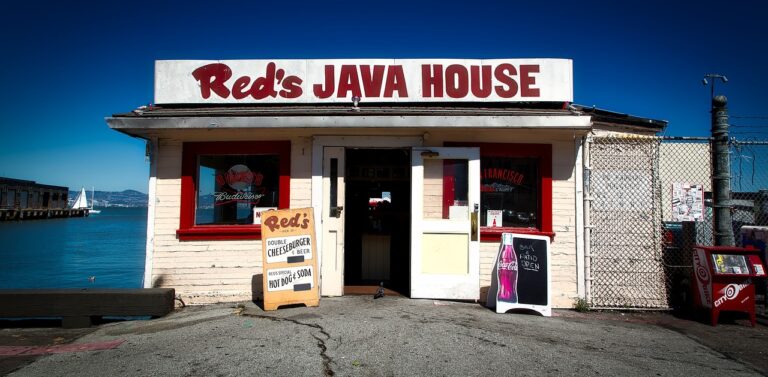The Psychology of Limited-Time Offers: Creating Urgency in Sales
Time constraints play a crucial role in shaping consumer behavior today. When faced with limited time to make a decision, individuals are more likely to act quickly and impulsively in order to avoid missing out on an opportunity. This sense of urgency can lead to increased purchases or a quicker commitment to a product or service.
Furthermore, time constraints can create a sense of scarcity in the minds of consumers. The fear of not being able to avail of a product or service due to time limitations can drive individuals to make purchases they may not have considered otherwise. By leveraging time constraints effectively, businesses can tap into this psychological phenomenon and influence consumer behavior in a more targeted manner.
• Time constraints lead to quick and impulsive decision-making
• Sense of urgency can result in increased purchases or quicker commitment
• Creates a sense of scarcity in the minds of consumers
• Fear of missing out drives individuals to make purchases they may not have considered before
• Effective use of time constraints can influence consumer behavior in a targeted manner
The Power of Scarcity in Marketing Tactics
Scarcity is a powerful tool in marketing that leverages the principle of limited availability to influence consumer behavior. When consumers perceive a product as scarce or in short supply, their desire for it tends to increase as they fear missing out on the opportunity to own it. This psychological phenomenon taps into people’s innate drive to obtain what is perceived as rare or exclusive, leading to an increased sense of urgency to make a purchase.
Marketers strategically use scarcity as a tactic to create a sense of urgency and drive demand for their products or services. By highlighting limited quantities, time-limited offers, or exclusive promotions, they are able to trigger a fear of missing out (FOMO) among consumers, compelling them to act quickly before the opportunity is gone. This sense of urgency not only increases the perceived value of the product but also motivates consumers to make impulsive purchasing decisions in order to secure the scarce item before it’s too late.
Understanding the Fear of Missing Out (FOMO)
The fear of missing out, commonly known as FOMO, is a psychological phenomenon that stems from the anxiety of being excluded or left behind in social experiences or opportunities. This fear can be triggered by various factors, such as seeing others participating in exciting events on social media or hearing about exclusive offers that are only available for a limited time.
Individuals experiencing FOMO often feel compelled to stay constantly connected and informed, fearing that they might miss out on important updates or chances for social interaction. This fear can lead to compulsive behavior, such as frequently checking social media platforms or constantly seeking validation from others to ensure they are not missing out on anything significant.
What is FOMO?
FOMO stands for the Fear of Missing Out, which is a feeling of anxiety or fear that you might miss out on an opportunity or experience that others are having.
How does FOMO affect consumer behavior?
FOMO can influence consumer behavior by creating a sense of urgency or scarcity around a product or service, leading people to make impulsive purchasing decisions.
What role do time constraints play in FOMO?
Time constraints can exacerbate FOMO by creating a sense of urgency and making people feel like they need to act quickly in order to avoid missing out.
How do marketers use the fear of missing out in their tactics?
Marketers often use scarcity tactics, such as limited-time offers or limited edition products, to tap into people’s FOMO and drive sales.
Is FOMO always a negative feeling?
FOMO can sometimes be a motivating factor that encourages people to try new things and step out of their comfort zones, but it can also lead to stress and dissatisfaction if not managed properly.





